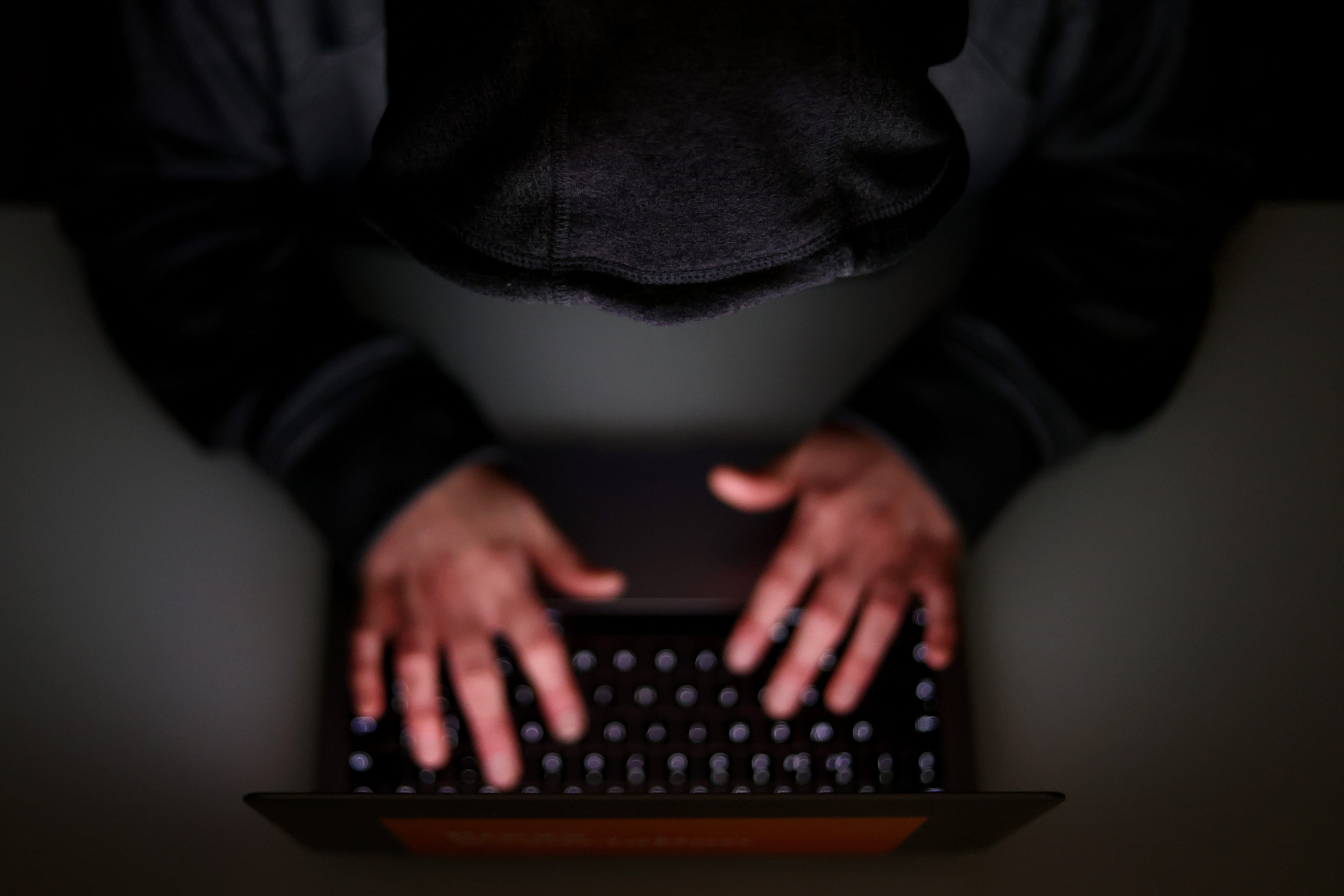UK ‘must be prepared for possibility of foreign interference’ during election
Rishi Sunak announced Britons will head to the polls on July 4.

The nation “must be prepared for the possibility of foreign interference” during the General Election, Parliament’s Joint Committee on the National Security Strategy (JCNSS) has warned.
In a letter addressed to Prime Minister Rishi Sunak, the committee’s chairwoman Dame Margaret Beckett said the UK has experienced a “pattern of attempted foreign interference from countries such as China, Russia, Iran and North Korea” in recent years.
The letter highlights that the National Cyber Security Centre (NCSC) noted in 2023 that the Government determined it is “almost certain that Russian actors sought to interfere in the 2019 general election”.
“The Intelligence and Security Committee (ISC) subsequently pointed to precedent for China seeking to influence democratic processes overseas,” the letter adds.
“It is our view that the UK must be prepared for the possibility of foreign interference during the General Election that will take place on the 4 July 2024.”
Dame Margaret said the JCNSS had “considered a number of ways hostile actors may seek to exploit divisions and weaknesses” during the election period.
These include cyber-attacks, the targeting of political candidates to retrieve sensitive information for exploitation, the spread of disinformation online and capitalising on controversial or politicised topics where there are already “domestic divides” in order to sow further division.
The committee also identified several methods the Government could use to help “safeguard” against these threats, including public education on spotting disinformation (such as artificial intelligence deep fakes) and prioritising the safety of elected politicians.
Dame Margaret said the committee has published the letter in an effort to “contribute to a vital public conversation in the lead-up to the General Election”, as “it is not clear if members of the public fully understand how these threats will manifest and what this means for the UK, its democracy and them as individuals”.
She added the General Election “is a crucial test… of the Government’s preparations to safeguard the electoral processes that epitomise our democratic ideals”.
“We therefore call on you as Prime Minister to use the last few days of this Parliament to bring Government, political parties, and electoral and security agencies together to identify any last actions that can be taken collectively in the national interest,” she said.
Bookmark popover
Removed from bookmarks